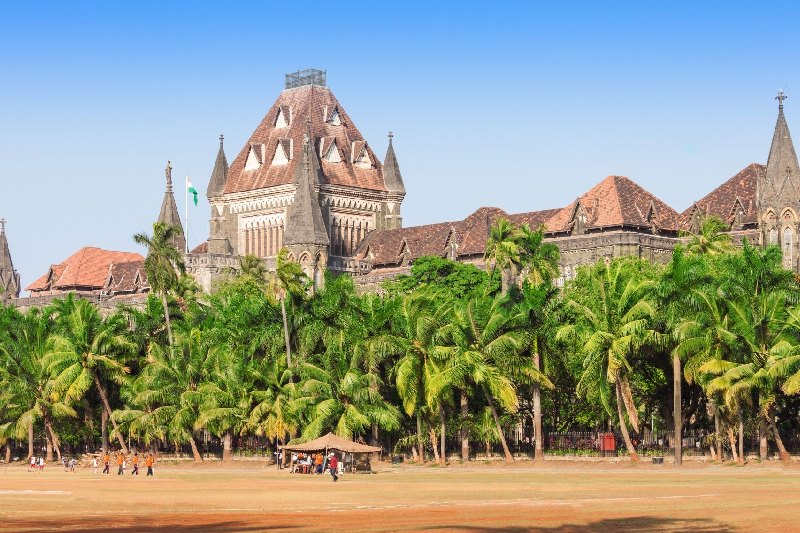

In a notable ruling, the Bombay High Court has underscored the elemental significance of the right to sleep
In a notable ruling, the Bombay High Court has underscored the elemental significance of the right to sleep, censuring the Enforcement Directorate (ED) for conducting interrogations late at night. Judges Revati Mohite-Dere and Manjusha Deshpande emphasized that the right to sleep is a fundamental human prerequisite that cannot be abused, especially in the setting of lawful procedures. This ruling comes in reaction to a supplication recorded by 64-year-old Ram Issrani, challenging his arrest by the ED in a money laundering case. The court’s decision not only addresses Issrani’s particular case but also sets a point of reference for maintaining the nobility and well-being of people subjected to lawful investigation.
The Fundamental Right to Sleep
At the heart of the Bombay High Court‘s ruling is the acknowledgment of the elemental right to sleep as a characteristic perspective of human nobility. The court firmly stated that this right cannot be compromised or encroached upon, independent of the circumstances. Judges Mohite-Dere and Deshpande highlighted the significance of sleep in keeping up cognitive work, mental health and wellbeing. By confirming the right to sleep, the court has taken a critical step towards defending individuals’ fundamental human rights in the setting of legitimate procedures.
Challenging an Unjust Arrest
Ram Issrani’s plea to the Bombay High Court stemmed from his arrest by the ED in August 2023 in association with a money laundering case. Issrani, a 64-year-old senior citizen, contended that his arrest was unlawful and ridiculous, as he had been cooperating with the examination and had complied with all summons issued by the office. In spite of his participation, Issrani found himself subjected to interrogation all through the night, coming full circle in his arrest the day after. This arrest, Issrani contended, abused his rights and constituted a mishandle of control by the ED.
Disapproval of Late-Night Interrogations
While ultimately rejecting Issrani’s request, the Bombay High Court communicated solid objection to the ED’s move of conducting interrogations late into the night. Judges Mohite-Dere and Deshpande rebuked the office for examining Issrani past midnight, noticing that such activities can disable an individual’s cognitive abilities and mental resources. The court highlighted the hindering impacts of lack of sleep on an individual’s wellbeing and emphasized the need to regard the right to sleep, particularly within the setting of lawful procedures.
Directive for Guidelines on Interrogation Timings
Recognizing the significance of securing individuals’ right to sleep, the Bombay High Court issued an order to the ED to set up rules or mandates with respect to the timing of statement recordings amid cross examinations. This directive aims to guarantee that explanations are received amid sensible hours, thereby protecting the keenness of the interrogation and regarding individuals’ rights. By commanding the foundation of clear rules, the court looks to anticipate the hardship of rest as an essential human right and advance reasonable and sympathetic treatment of people subjected to legitimate examination.
The Bombay High Court’s ruling on the right to sleep speaks to a noteworthy point of reference in the assurance of basic human rights inside the lawful framework. By affirming the elemental significance of rest and condemning the ED’s hone of conducting late-night cross examinations, the court has taken a principle stand in defense of human nobility and well-being. Moving forward, it is basic for law authorization organizations to adhere to the court’s directive and set up clear guidelines for cross examination timings, guaranteeing that individuals’ rights are regarded and maintained all through the legal preparation.
In December 2024, the UK government issued a Technical Capability Notice (TCN) to Apple, requiring the firm to create a…
CrowdStrike Holdings Inc, an Austin, Texas-based cybersecurity company has announced it will lay off about 500 employees around the world,…
The union representing the Samsung India Workers' Union (SIWU), which is affiliated with the Centre of Indian Trade Unions (CITU),…
There has been a dramatic change in Florida's workers compensation landscape. Recent legal reforms to improve access to care and…
In a major blow to university research, Columbia University announced on Tuesday it is laying off 180 staff whose jobs…
In a controversial plan, The Trump administration is considering deporting migrants to Libya by U.S. military flights, three U.S. officials…
This website uses cookies.
Read More